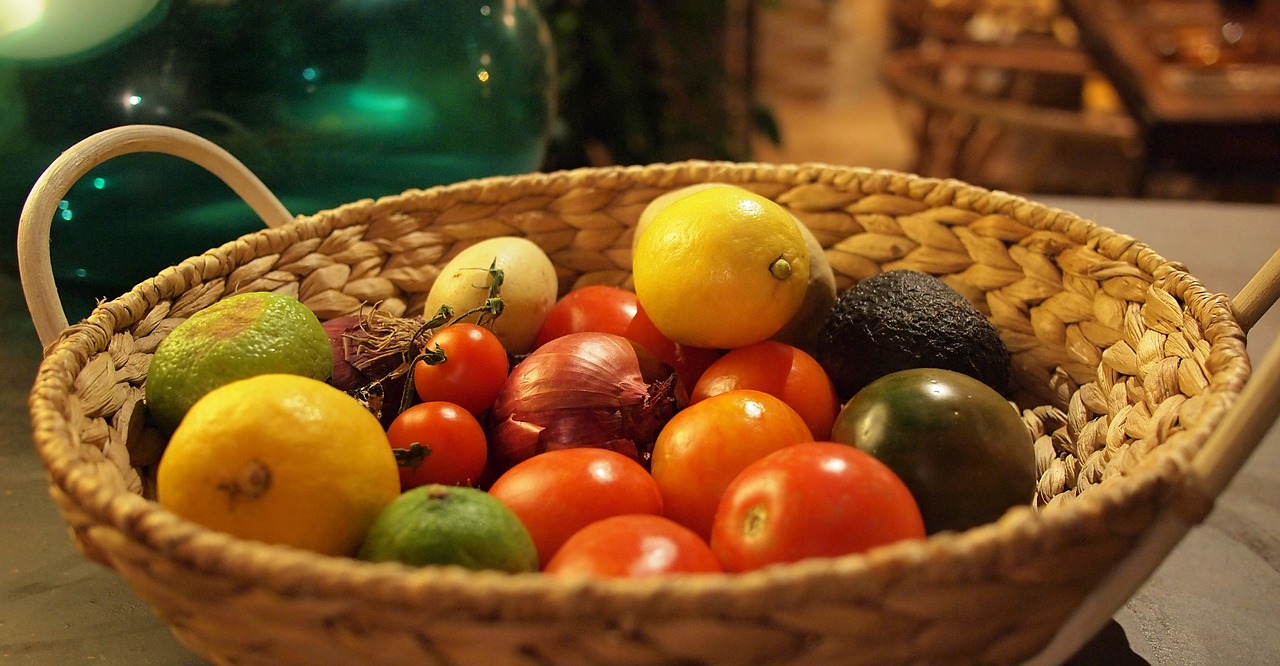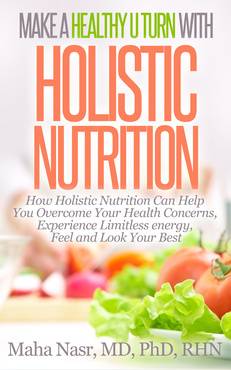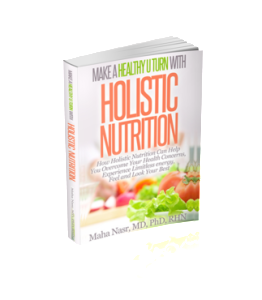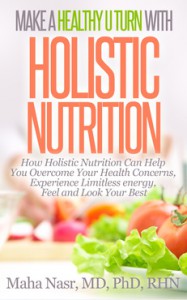With so much talk about organic food, you may be wondering if it is really healthier, more nutritious or worth the extra buck. The answer is yes!
Even with studies that found very little nutritional difference between organic and conventional foods. Because even these studies support reasons other than nutrient value for buying organic food including lower pesticides and toxins, better taste and environmental impact.
Besides, other studies suggest that organic organically grown fruits and vegetables may contain slightly higher levels of vitamin C, trace minerals, and antioxidant phytonutrients than conventionally grown produce. The evidence is controversial.
What does organic mean?
The term “organic” refers to the way agricultural products are grown and processed. Specific requirements must be met and maintained in order for products to be labeled as “organic”.
Organic crops must be grown in safe soil, have no modifications, and must remain separate from conventional products. Farmers are not allowed to use synthetic pesticides, bioengineered genes (GMOs), petroleum-based fertilizers, and sewage sludge-based fertilizers.
Why buy organic?
A 2010 Nielsen Wire poll found that 76% purchase organic foods because they believe “they are healthier;” 53% so they “can avoid pesticides and other toxins;” 51% because “they are more nutritious;” and 49% because organic farming is better for the environment. Here are 10 reasons to buy organic food:
- Organic food is chemical free: No pesticides, herbicides or artificial nitrates. Chemicals have been linked to many diseases as allergies, nervous disorders, obesity, Alzheimer’s, cancer and some birth defects. Even soaking or washing with soap, may not remove enough spray residues.
- Organic food has a better taste and flavor: Packed with nutrients, naturally ripened and with no chemicals.
- Organic food is more nutritious: Free range eggs have more vitamin E, folic acid and vitamin B12. Organic meat has more vitamin E and omega 3 fatty acids and less fat.
- Organic farming supports animal health: No confined animal feeding operations (CAFO). Animals are grown in their natural environment, fed on natural foods with no antibiotics, hormones or pesticides and humanely treated. If animals are unhappy and cramped, how can they be healthy and produce healthy foods.
- Organic meat, eggs and dairy are antibiotic and hormone free: Antibiotic residues in food can produce antibiotic resistant bacteria and allergies. High insulin growth factor (IGF) level in cows injected with synthetic bovine growth hormone (rBGH) is linked to breast, colon and prostate cancer.
- Organic farming supports soil health: No inorganic fertilizers, pesticides and herbicides which cause topsoil erosion, mineral deficiency and destruction of soil beneficial organisms.
- Organic farming supports wildlife: No chemical pesticides and herbicides which are endangering non harmful animals as bees, monarch butterflies and birds. No genetically modified crops have any counterparts in nature to keep them in balance with life forms around them.
- Organic food consumption supports the organic farming industry: Every time you are consuming organic products you area voting with your dollars for a more natural environment friendly food production method.
- Organic farming supports water health: No artificial nitrates and phosphates from fertilizers and no manure from confined animal farming. These runoff into ground water, rivers and lakes contaminating our water and affecting underwater life.
- Organic farming supports planet health: Organic fields hold more carbon in the soil and use 30% less fossil fuel energy than modern farming, thus helping to stop global climate change and reducing CO2 emissions (an important green house gas). It also uses no pesticides which contain bromines and chlorines accused of producing holes in ozone layer allowing more of the sun’s damaging ultraviolet rays to infiltrate our planet.
The dirty dozen and the clean 15
- This list is based on the Environmental Working Group’s assessment of pesticide residues on food.
- The “dirty dozen” list identifies foods with the highest levels of pesticides, so it’s best to buy organic for those 12.
- The “clean 15” list indicates foods safe to buy non-organic because they have the lowest pesticide residues. This is largely due to the fact that pests don’t bother with these foods as much, resulting in a lesser need for insecticides.
The dirty dozen list (buy these organic)
- Apples
- Celery
- Sweet bell peppers
- Peaches
- Strawberries
- Nectarines (imported)
- Grapes
- Spinach
- Lettuce
- Cucumbers
- Blueberries
- Potatoes
Additional: green beans and Kale/greens. May contain pesticide residues of special concern
The clean 15 list (least in pesticide)
- Onions
- Sweet corn
- Sweet peas
- Sweet potatoes
- Pineapple
- Avocado
- Asparagus
- Mushrooms
- Cabbage
- Eggplants
- Mango
- Kiwi
- Water melon
- Cantaloupe
- Grapefruit
Does washing and peeling get rid of pesticides?
Rinsing reduces but does not eliminate pesticides. Peeling sometimes helps, but valuable nutrients often go down the drain with the skin. The best approach: eat a varied diet, wash all produce, and buy organic when possible.
Finally, remember that your health is your greatest wealth! Buying organic food is not luxury, it is a long term investment in your health. It is one of the most important ways to reduce our toxic overload and prevent many chronic diseases and birth defects. Organic is especially important for children with underdeveloped immune system and pregnant females who can pass pesticides to developing fetuses as well as cancer patients and immunocompromised individuals.
We are currently offering tele-health coaching via Zoom, so we can help you if you are out of area. If you need help with your health and nutrition, sign up for a 15 Min Discovery Call where we discuss your current goals and concerns and how we can help you.
If you find this information useful, please feel free to share with your family or friends.
References
Are Organic Foods Safer or Healthier Than Conventional Alternatives? A Systematic Review.4 September, 2012, Vol.157, No 5
http://www.ewg.org/foodnews/summary/




